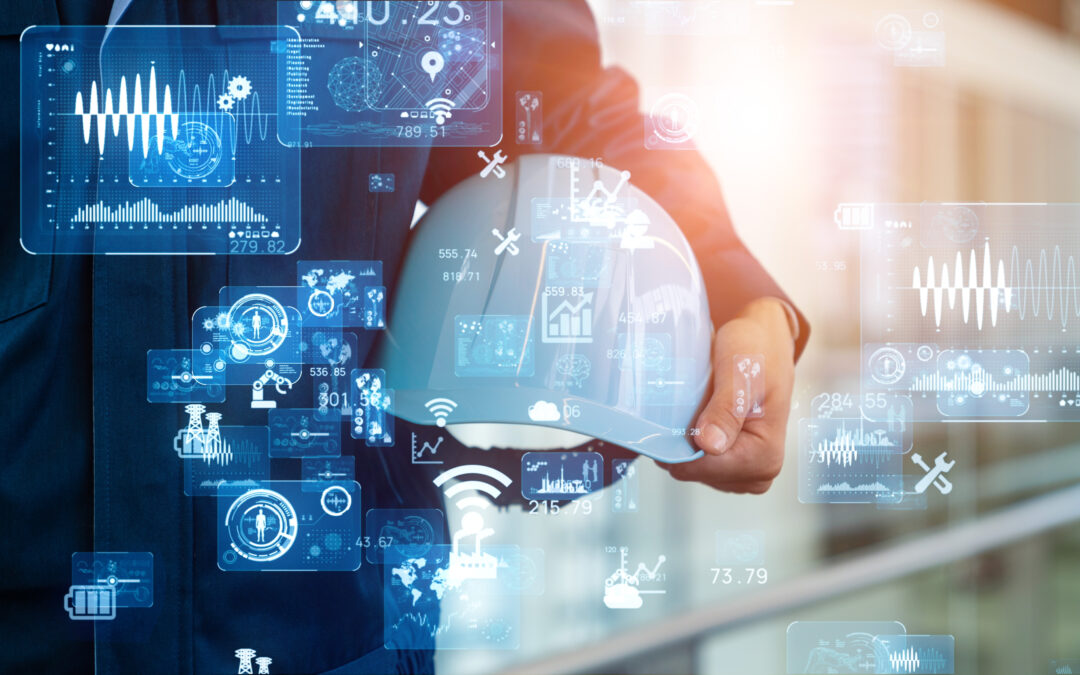What is AI?
Artificial Intelligence (AI) has taken the world by storm in recent years and is now making its way into the professional world. Many people have spent time entering prompts into ChatGPT and find the results amusing and sometimes educational. Some people are taking it one step further and into professional settings by completing basic tasks like document editing and data entry.
Because AI is growing so fast and has so many incredible capabilities, some are concerned about what it means for employees. If AI can pass the CPA exam and perform accounting functions, are accountants now out of a job? If it can create images, banners, logos, and flyers, will graphic designers need to find a new line of work? These questions are tough to answer, but one area we know will not be displaced by AI is the construction industry. But that does not mean AI cannot be useful in it. In fact, there are all sorts of ways construction companies can begin using AI to help with business.
AI in Construction
In construction, people will always be crucial to build things, but AI can be useful in the pre-construction process. Environmental factors such as weather and climate can be analyzed to predict hazards and ensure worker safety. Estimating services can use it to increase the accuracy and speed of job bids. With the proper data inputs, AI can create bids, cost estimates, and potential profit projections. There is even a specific GPT called TOGAL where companies can input their blueprints and use it to estimate projects costs.
Image scanning with AI is also proving useful. Operating Engineers can take a picture of their equipment each day and send it in. The technology analyzes the image and searches for maintenance needs or mechanical issues, reducing mechanical failures and the need for physical inspections. Safety teams can use image analysis to help make worksites safer by searching for code violations or potential safety hazards allowing them to manage several sites at once.
Drawbacks to AI
AI can do amazing things, however, AI is not always right, and, like humans, it can make mistakes. Sometimes, AI gives an answer even though it “knows” its incorrect. Having AI scan documents, create schedules, or give a job estimate is like having an intern do any of those tasks. Delegating the task can take pressure off your workload, but the results should be checked by a supervisor.
AI also does not excel at everything. For example, some versions of AI do well at math and accounting, but many of the free versions, such as ChatGPT 3, are surprisingly bad at it. While ChatGPT 4 passed the CPA exam, all free versions of the technology failed the test. Which means if a company wants to use AI technology for anything math related, they will have to pay for access and should still have a person check the work.
Wrapping Up
AI has the potential to be used in all sorts of ways and with further advancement, even more functions and uses will be possible. Concerns over the future of AI and its impact on employment are growing, but those in the construction industry should not worry. AI will be a major help to the overall construction operations and processes, and it will never be able to frame a house, build a bridge, pour a foundation, or wire a hospital.

